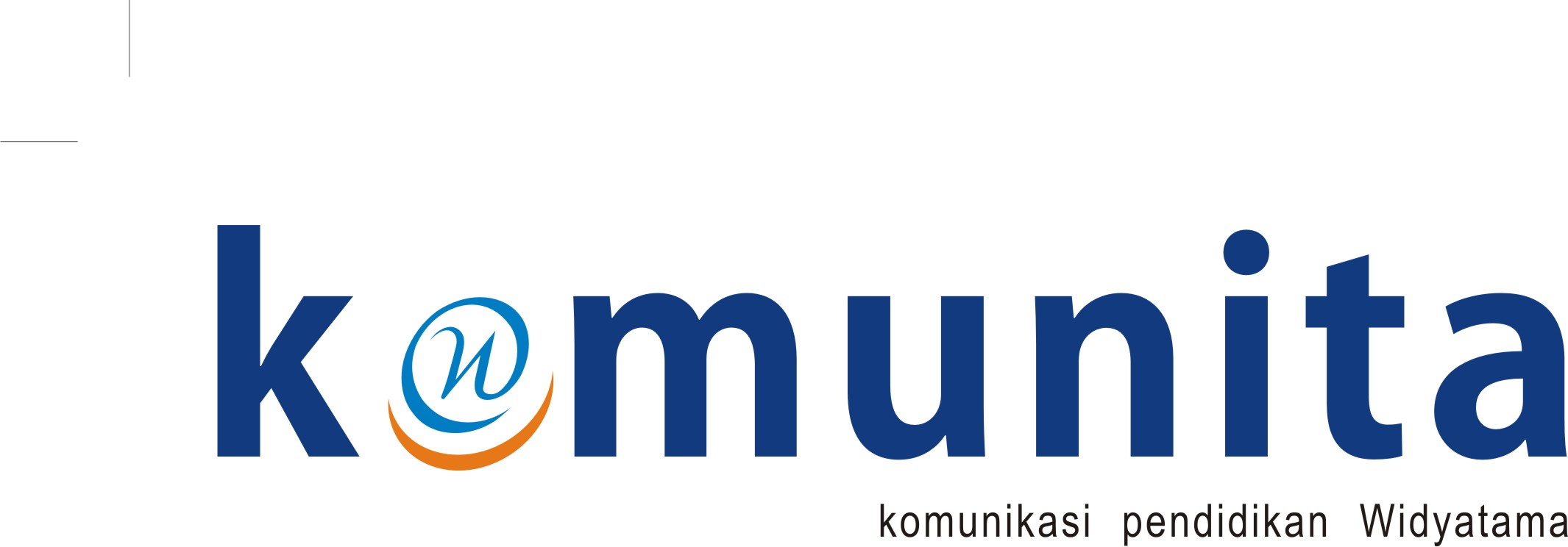In the April 2017 issue of Komunita magazine, we reviewed the lecturer
profession with the theme “Lecturer in the Present and the Future, a Question&” Of
course, with positive and fruitful hopes for the progress of lecturers, education that
delivers national civilization It turns out that this question of doubt 6 years later was
proven on the other hand by a search of the investigative journalism of the Kompas
newspaper at the end of 2022 and also at the beginning of 2023 in the February-March
edition, which contained 7 consecutive days (2 days in the headline, 4 days in the text).
about the negative stigma of lecturers and educators in tertiary institutions. During this
period, 21 articles were written down in the form of news, features, and opinions that
questioned the teaching profession and its behavior that developed outside of academic
ethics, namely “scientific work jockeying”. Strictly speaking, there are facts concerning
the function and role of lecturers in carrying out their profession. There have been
violations of academic ethics, including the publication of bogus scientific journals,
jockeying for scientific work, journal scalpers, etc. The facts described in the Kompas
news are clear evidence of behavior that violates professional ethics and harms the
nature of the lecturer.
Because of that, we raised the issue of the lecturer’s profession again. In the
midst of this negative stigma, I’m sure there are still many lecturers who are serious
about carrying out their profession in a responsible manner. Morals and ethics must
always be intertwined in our lives as human beings who intersect between good and
bad poles, uphold adab, or forget adab. The choice is indeed with the lecturer.
However, morals and ethics should indeed be upheld as a form of accountability for a
lecturer. Moreover, the lecturer is a noble profession, educating students to build and
develop themselves as well as the civilization of the nation and the world.
Looking at historical lessons about our civilization and the nations of the world in
historical records as well as civilization sites and artifacts Even those that are currently
underway. So many ups and downs of a nation and its civilization are caused by human
activities that forget ethical and moral values for the sake of ambitions that are not
rooted and grounded in justice, prosperity, and providing a noble legacy for the people
and nation.
Lecturers now and in the future are faced with a choice between idealism and
pragmatism that offers worldliness. Even though there are many great values for the
figure of the lecturer profession in his dedication to educating the nation’s children, this
does involve the higher education ecosystem that we are developing. Has this higher
education ecosystem really provided a space for justice for all elements of the
ecosystem so that they are willing and happy to carry out their respective roles? The
higher education ecosystem is very different from the ecosystem of the universe. The
higher education ecosystem is actually built by humans on a moral and ethical basis.
The principles and functions of higher education, according to Law No. 12 of 2012, have
provided a corridor. Higher education is based on scientific truth, reasoning, honesty,
justice, benefits, benevolence, responsibility, diversity, and affordability. Higher
education functions to develop capabilities and shape dignified national character and
civilization in the context of educating the nation's life; develop academics who are
innovative, responsive, creative, skilled, competitive, and cooperative through the
implementation of the Tridharma; and develop science and technology by paying
attention to and applying humanities values in achieving national education goals.
Because the human figure is given perfection in the form of thinking, soul
processing, and feeling processing, So that when carrying out copyright work, the taste
and intention always consider the interests of other elements in the higher education
ecosystem. Are they regulators (government: ministries, non-ministerial institutions),
organizers (foundations and associations), managers (universities), education
implementers (faculties, study programs, lecturers), students (students), as well as the
business world and industry (world of work), or other professions? So, may we state the
hypothesis that lecturers also need appreciation for carrying out their noble profession?
Not excessive, but can meet the needs of their living spaces. So that lecturers are
istikomah and carry out their profession with sincerity. Even though we are aware, in
these spaces there are always figures who make choices that are far from how the
teaching profession should be practiced and developed. The reality of our world in the
present and in the future is increasingly full of dynamics, changes accompanied by
frictions of various interests, which are often blind in making choices to take a path in
the teaching profession that they are involved in. Instead of running it in a process-
based, coherent, correct, and ethical manner, we are taking the opposite step.
Therefore, strengthening ethical and moral values needs to be prioritized. Likewise,
spaces for appreciation and rewards, both material and non-material, are reasonable for
lecturers to think about. So that the moral dilemma that ends up with low quality
education does not become a virus within the lecturer that will infect students as the
heirs of the nation's children. The nation’s generation developed the civilization of this
nation’s children towards the ideals of independence, prosperity, and justice. Hopefully,
our efforts in the future will not result in anything that keeps the roast away from the fire.
This means giving optimal benefits to its noble purpose. Wallahualam.
Vivat Widyatama, Vivat Civitas Academica, Vivat Indonesia and our beloved
archipelago. (@lee)
Editor – Lili Irahali

